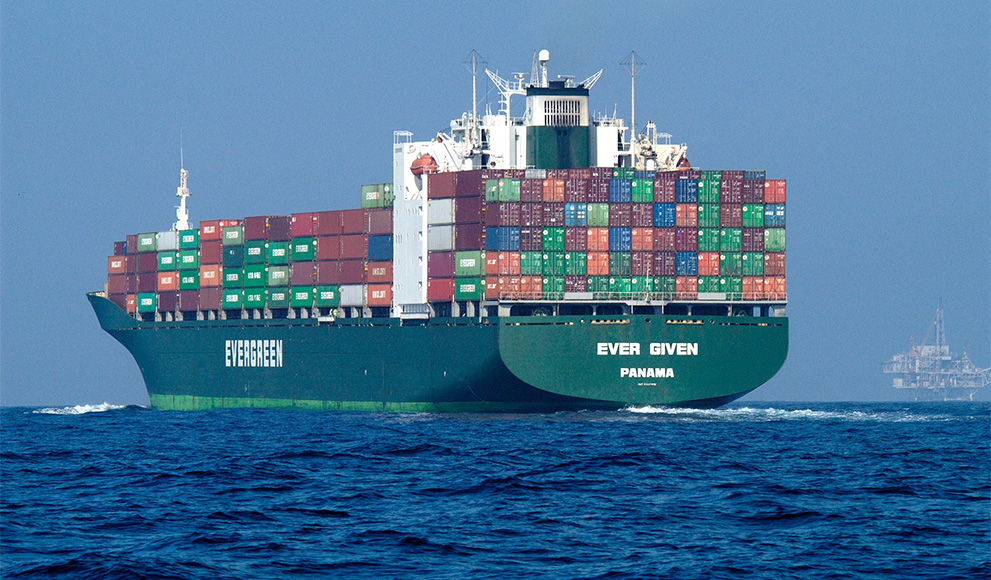Boston Globe Op-Ed by Professor Elizabeth DeSombre Reminds Readers Just How Much is Linked to the Field of Environmental Studies

As the world was learning the secrets contained in the “Panama Papers,” Beth DeSombre, Camilla Chandler Frost Professor of Environmental Studies, published an op-ed for the Boston Globe alerting readers to "a hidden world, shrouded in layers of misdirection, where the law is routinely bent to the limit."
DeSombre was not referring the world of the ultra-rich hiding assets, revealed in the leaked documents Panamanian firm Mossack Fonseca, rather she was shedding light on the lesser known efforts from the world’s shipping fleets to escape paying taxes and fees on the ships on which they're transporting goods, and the dangers to the environment that follow. DeSombre specializes in the study of environmental politics, international environmental law, ocean and atmospheric issues, and protection of the global commons.
"There are environmental implications to almost everything we do," DeSombre said in email. "In the case of the Panama Papers, it was all about efforts to get around the rules—in this case, financial and tax and disclosure rules." She added, "we see that all the time with environmental regulation: a rule is passed, and people find whatever loopholes they can and exploit them" and argued that it is critically important to identify "what those loopholes are, and how to close them, or maybe how to minimize them in advance."
In the op-ed DeSombre explained the history of a what are called 'flags of convenience,' a way of registering a ship not by its nation of origin but in a country that requires lower taxes and fees, like Panama. Such a strategy also allows ships to avoid meeting their home country’s environmental standards, which might be more strict and thus more costly.
DeSombre explained, "Once such convenient flags were offered, owners raced to register their ships in these locations [like Panama]. The environmental, safety, and labor standards required of the global fleet decreased dramatically, and traditional maritime states lost tax revenue as well as regulatory control over large numbers of ships owned by their nationals."
DeSombre also spoke to NPR about flags of convenience in November 2014.
The issue has mammoth implications. "Nearly 95 percent (as measured by weight), or two-thirds (as measured by value) of the world's trade is transported on the ocean by ships," DeSombre noted. "Ships need only follow the wage rates and labor standards of their flag state, and labor standards followed on flag-of-convenience ships are often unconscionable."
The dangers are clear, "Ships are only required to follow the international safety and environmental rules of their registry countries, and ships registered in the lowest-standard flags are more likely to be the cause of oil spills or dangerous accidents at sea," she wrote.
The problem, according to DeSombre, "requires fundamentally changing the way international regulation works, and increasing the willingness of the most powerful states in the system to forego the concentrated benefits of regulatory havens for the broader good of effective global regulation."
For DeSombre, bringing the world into the classroom is essential to teaching her students about how international laws can affect the global environment. "In the course I teach on international environmental law, each student follows a specific treaty for the whole semester, looking at its negotiation and implementation," she said in an email, "so it changes every year, because what countries have done in response to a given issue—and even what the treaty requires as it gets amended—changes. Students are evaluating in real-time what the effects of international environmental law are."
DeSombre is the author of six books, including Flagging Standards: Globalization and Environmental, Safety, and Labor Standards at Sea. This summer she is completing her next two books, Why Good People Do Bad Environmental Things and Global Environmental Institutions.
